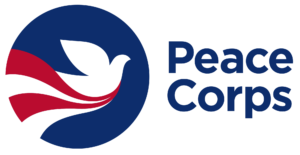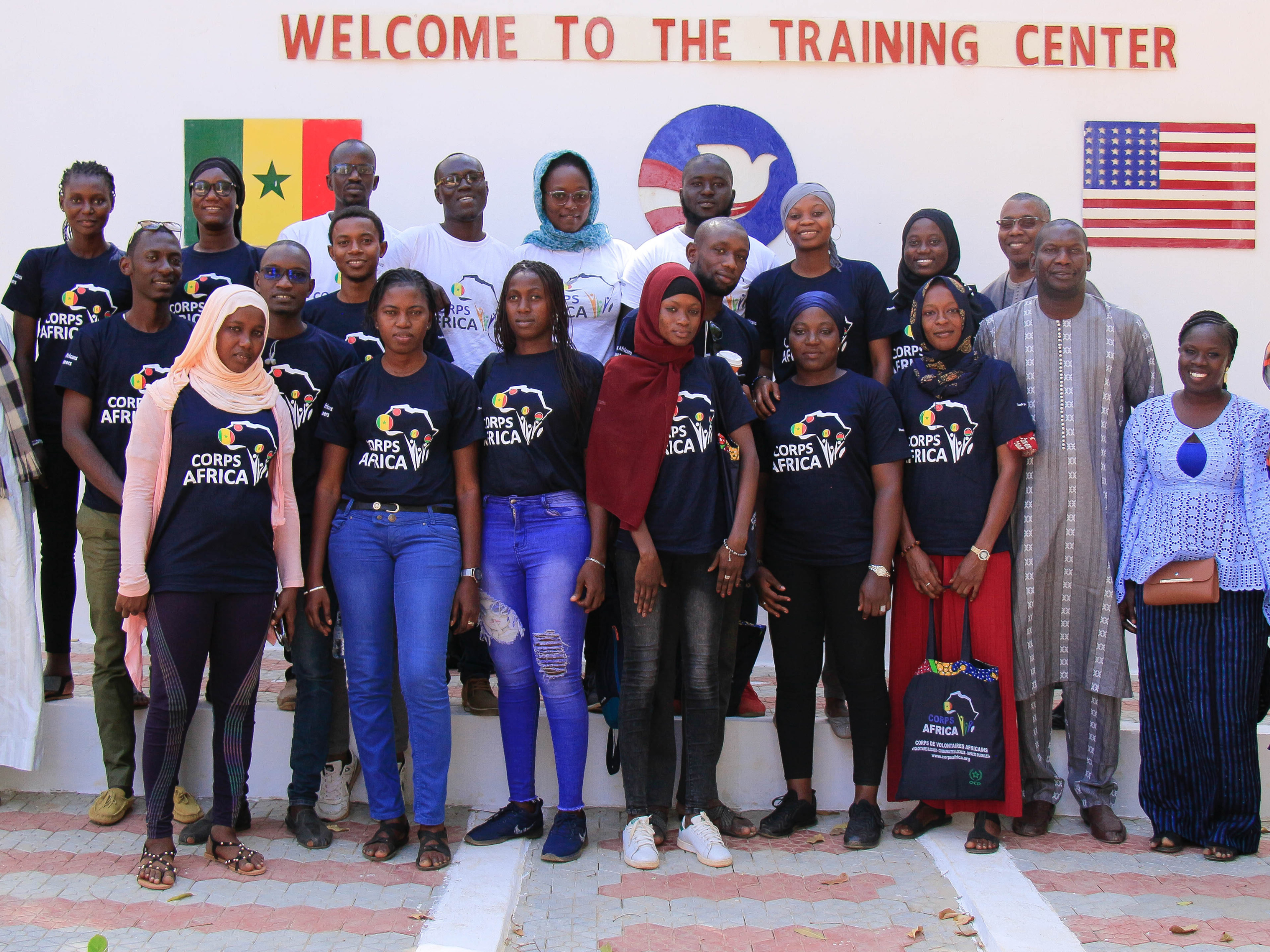 Written by PEACE CORPS | When Liz Fanning was a Peace Corps Volunteer in Morocco, she met many Moroccans who asked her about volunteering with the Peace Corps and wondered aloud if they could also serve.
Written by PEACE CORPS | When Liz Fanning was a Peace Corps Volunteer in Morocco, she met many Moroccans who asked her about volunteering with the Peace Corps and wondered aloud if they could also serve.
This idea—that motivated people across Africa had the skills and desire to give back—eventually grew into CorpsAfrica, a service organization founded by Fanning that gives skilled, college-educated Africans the opportunity to “roll up their sleeves and take the time to get to know people unlike themselves.” CorpsAfrica has a model reminiscent of the Peace Corps: that by living at the community level, learning the language, building trust, respecting the culture, and working alongside residents, Volunteers can support community-led development.
Since launching in Morocco in 2011, CorpsAfrica has expanded to 11 countries and plans to reach all 54 African nations within the next decade. CorpsAfrica Volunteers—all Africans over the age of 21—conduct their service either in their home country or in another African country.
Because CorpsAfrica grew organically out of Fanning’s own Peace Corps experience, it’s no surprise that CorpsAfrica and the Peace Corps found a way to work together. As Fanning herself said, the two organizations share a vision of “…promoting a healthy global landscape of listening, communication, exchange, experience, humility, collaboration, friendship, and understanding.”
In September 2023, the two entities signed a memorandum of understanding (MOU) to formalize their strategic partnership. The MOU aims to increase the competence, confidence, and cultural understanding of both Peace Corps and CorpsAfrica Volunteers. The partnerships “seeks to strengthen ties, reinforce local ownership of community projects, and explore innovative approaches to addressing pressing development challenges in Africa.“
As part of the partnership, Peace Corps Volunteers and CorpsAfrica participants work together in a pilot to test innovative service models and programming. Through side-by-side service, a CorpsAfrica Volunteer and a Peace Corps Volunteer are placed within geographic proximity and given complementary mandates. Through this pilot, the organizations hope to learn whether side-by-side service can provide greater benefits to host country partners, allow local actors to take the lead on their development priorities, strengthen local systems, and ultimately offer greater sustainability and improved outcomes.
The pilot—in Ghana, Malawi, Rwanda, and Uganda—demonstrated potential. Samuel Chiumia, a CorpsAfrica Volunteer in Malawi, partnered with a Peace Corps Volunteer there on several projects, including soap making, tree nursery establishment, a youth club, and community engagement. He notes in a social media post that working with a Peace Corps Volunteer “has been a resounding success, demonstrating the power of collaboration and collective action in driving meaningful change.”
Today, Peace Corps and CorpsAfrica Volunteers are engaged in joint activities that run the gamut—from gardening to cooking lessons that encourage community members to incorporate highly nutritious ingredients like moringa (a fast-growing, drought-resistant tree) into their daily diets. Their work brings to life the MOU, which promises, “This collaboration between Peace Corps and CorpsAfrica reinforces both organizations’ shared vision for a brighter future for Africa’s vibrant communities and its next generation.”
It is, of course, a wonderful, shared vision, fully embracing the Peace Corps’ mission of promoting world peace and friendship and CorpsAfrica’s mandate to engage and train African youth to work within rural communities on community-led development projects. Amplification and cross-pollination of learning is the true magic of this partnership, and both Peace Corps and CorpsAfrica are powered by people putting their minds and hearts completely into community support.

